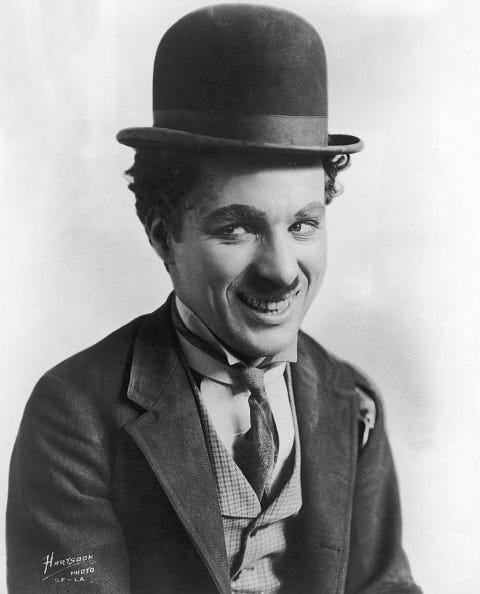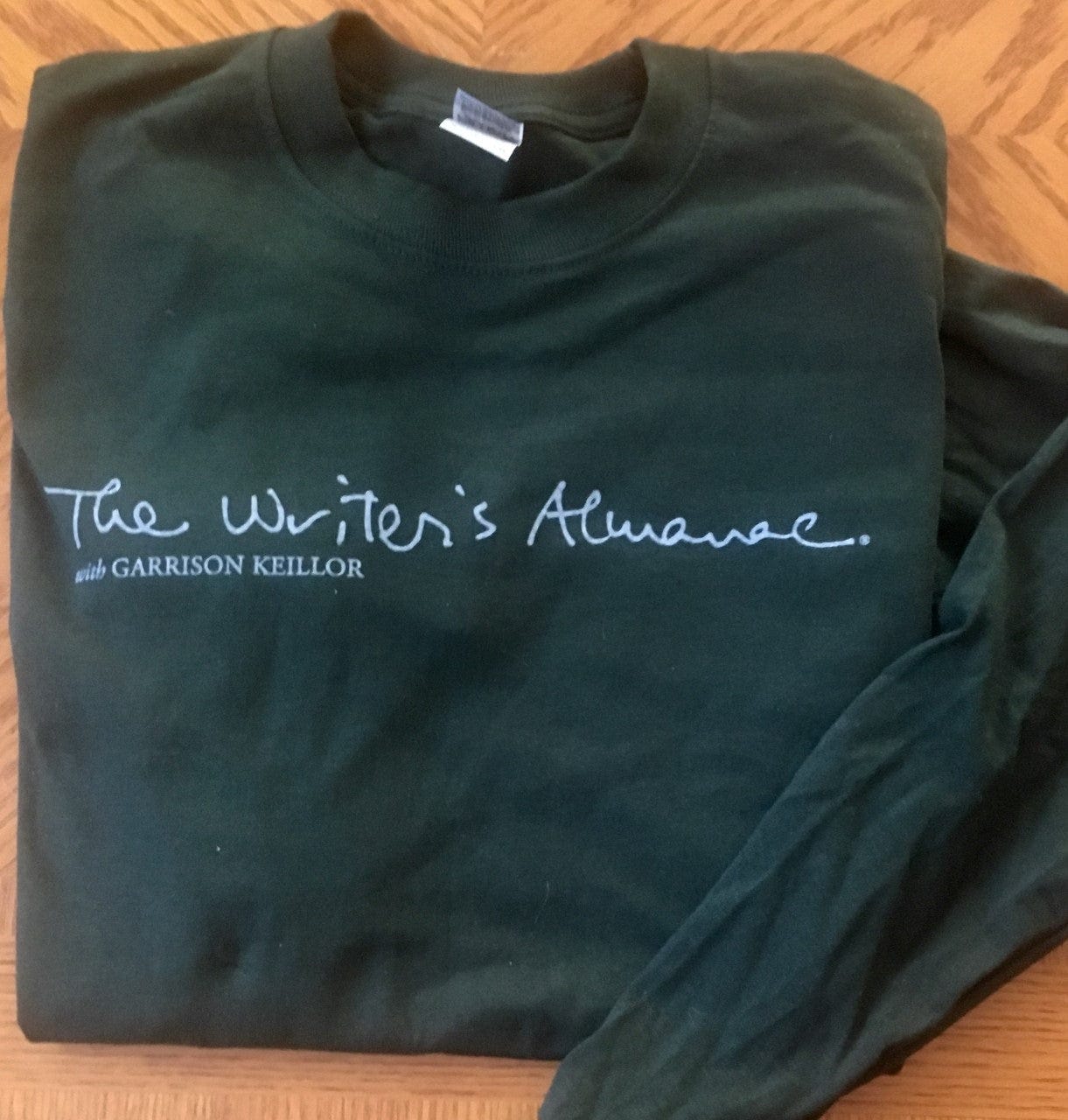The Writer's Almanac from Tuesday, April 16, 2013
"Frogs" by Louis Simpson, from The Owner of the House. © BOA Editions, Ltd., 2003.
ORIGINAL TEXT AND AUDIO - 2013
It's the birthday of Gertrude Chandler Warner, born in Putnam, Connecticut (1890). She's the creator of the Boxcar Children series. She taught first grade for more than 30 years. She was home sick one day when she thought up the story of the Boxcar Children. As a child, her family had lived near the railroad tracks, and she spent hours watching the trains go by. Sometimes, she would catch a glimpse through the window of the caboose and see a little table, cups, and a tin coffee pot boiling away on the small stove. She was fascinated by the idea that someone was living in the caboose. So when she decided to write a story for children, she thought about those trains. The Boxcar Children series is the story of four orphans, Henry, Jessie, Violet, and Benny, who range in age from six to 14. Their parents die, and their grandfather is granted custody. But the children are afraid that he is a cruel old man, and so they run away and set up house in an abandoned boxcar, supporting themselves and living an independent life.
Gertrude Chandler Warner said that after it was published, many librarians objected to the story because they thought the children were having too much fun without any parental control. Warner said, "That is exactly why children like it!"
She wrote the original 19 Boxcar Children books, and in the years since, more than 100 titles have been added to the series, written by other authors.
It's the birthday of the comic novelist Kingsley Amis, born in London (1922). He was a student at Oxford when he met Philip Larkin who would become his closest friend for the rest of his life. At first, it was Philip Larkin who wanted to be a novelist and Amis wanted to be a poet. But after Amis moved to Wales and got a job as a professor, he began sending comic descriptions of his campus life to Larkin, and Larkin helped him turn those sketches into his first novel, Lucky Jim (1954). It was one of the first modern "campus novels" and is generally considered one of the funniest novels in British literature.
It's the birthday of the filmmaker and actor Charlie Chaplin, born in London (1889). He started out as a vaudeville actor in a comedy troupe. When Chaplin arrived in Hollywood, he was shocked to see how little rehearsal went into each movie. Hollywood directors at the time filmed each scene in a single take, refusing to waste money on extra film. Chaplin tried to get used to the Hollywood style, and he took all the jobs he could get, saving almost all the money he made. But he was disgusted at the quality of the movies. The camera often wasn't pointed in the right direction to capture his movements, and many of his favorite moments ended up on the cutting room floor. At the end of five months, he asked the producer if he could direct his own movie, and he put up $1,500 of his own savings as a guarantee against losses.
That year, 1914, Chaplin directed, wrote, and starred in 16 films in six months. It was that year that he debuted his most famous character: the "little tramp," who's always beaten down by life, always the butt of the jokes, but who never gives up his optimism. The character made Chaplin a star, recognized around the world.
It was on this day in 1787 that "the first American play" opened, at the John Street Theater in New York City. It was written by 29-year-old Royall Tyler. Tyler went to Harvard, studied law, and joined the Continental Army. He was appointed the aide to General Benjamin Lincoln to help suppress Shays' Rebellion. After Shay left Massachusetts for New York, Tyler was sent to New York City to negotiate for Shay's capture. And there Tyler did something that he had never done: went to see a play.
Theater was slow to take off in America. There are known performances of Shakespeare in Williamsburg in the early 1700s, and in general the Southern colonies — more open to all British customs — were happier to embrace the theater. In the North, it was looked on as a sinful form of entertainment. Massachusetts passed a law in 1750 that outlawed theater performances, and by 1760 there were similar laws in Pennsylvania, Rhode Island, and New Hampshire, although performances occasionally snuck through the laws with the special permission of authorities.
In any case, Royall Tyler from Massachusetts had never been to the theater before. So on March 12, 1787, he saw a production of Richard Sheridan's School for Scandal (1777), and he was so inspired that in just three weeks he wrote his own play, The Contrast. On this day in 1787, just barely a month later, The Contrast became the first play by an American writer to be professionally produced.
The Contrast was a success. It was performed four times that month in New York, which was very unusual. Then it moved on to Baltimore and Philadelphia, where George Washington went to see it. The Contrast was a comedy of manners, poking fun at Americans with European pretensions, and the main character, Jonathan, was the first "Yankee" stock character, a backwoods man who spoke in a distinctive American voice and mannerisms.
Be well, do good work, and keep in touch.®
The Writer's Almanac long sleeve shirt
Garrison Keillor has been highlighting poetry and the written word as well as pertinent literary and historical dates in a 5-minute radio segment and podcast. This brand new T-shirt commemorates that history, with The Writer’s Almanac logo, printed in Garrison's own hand, emblazoned across the chest. The hunter green shirt is !00% cotton and is available in sizes S – XXL.





